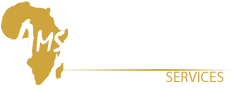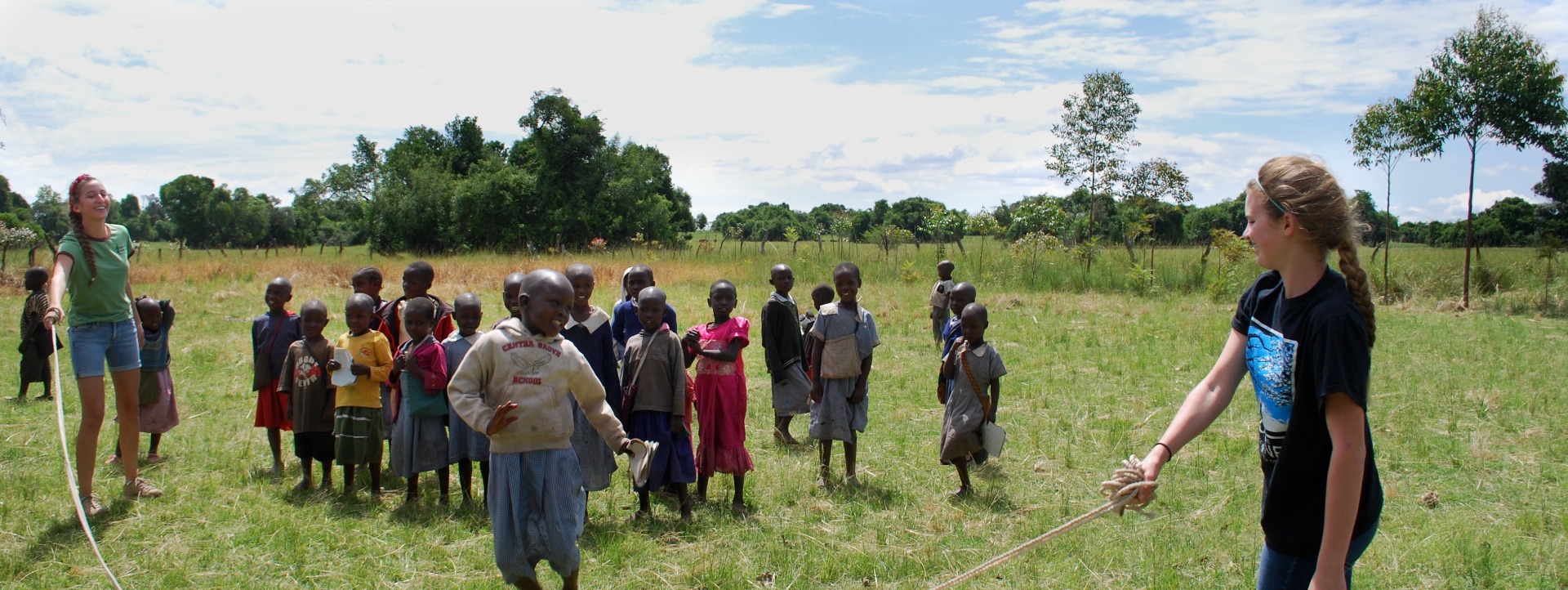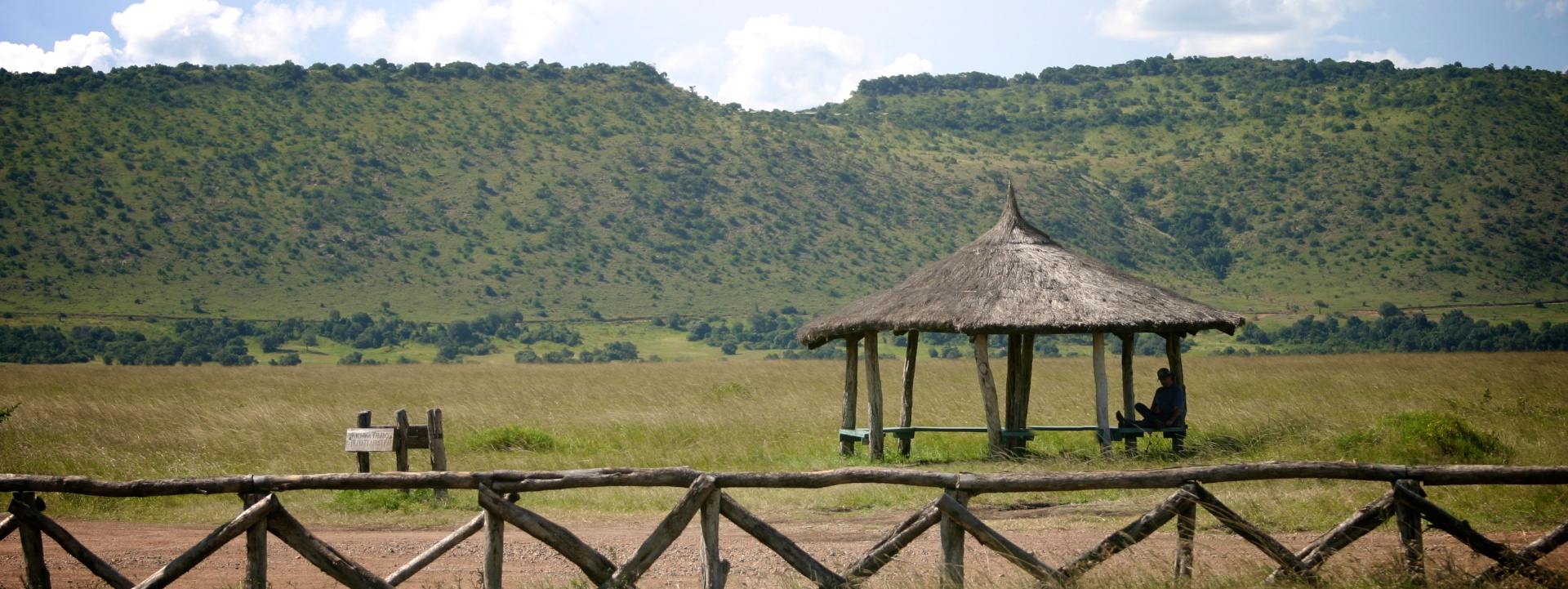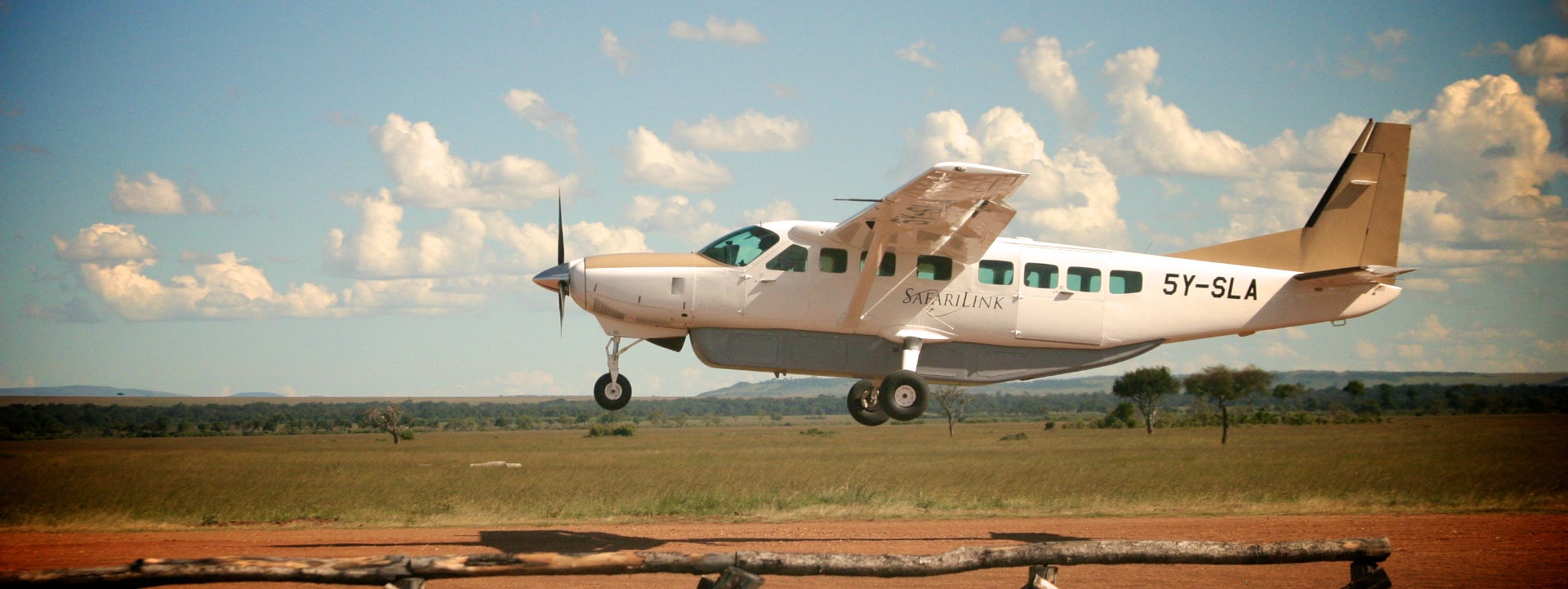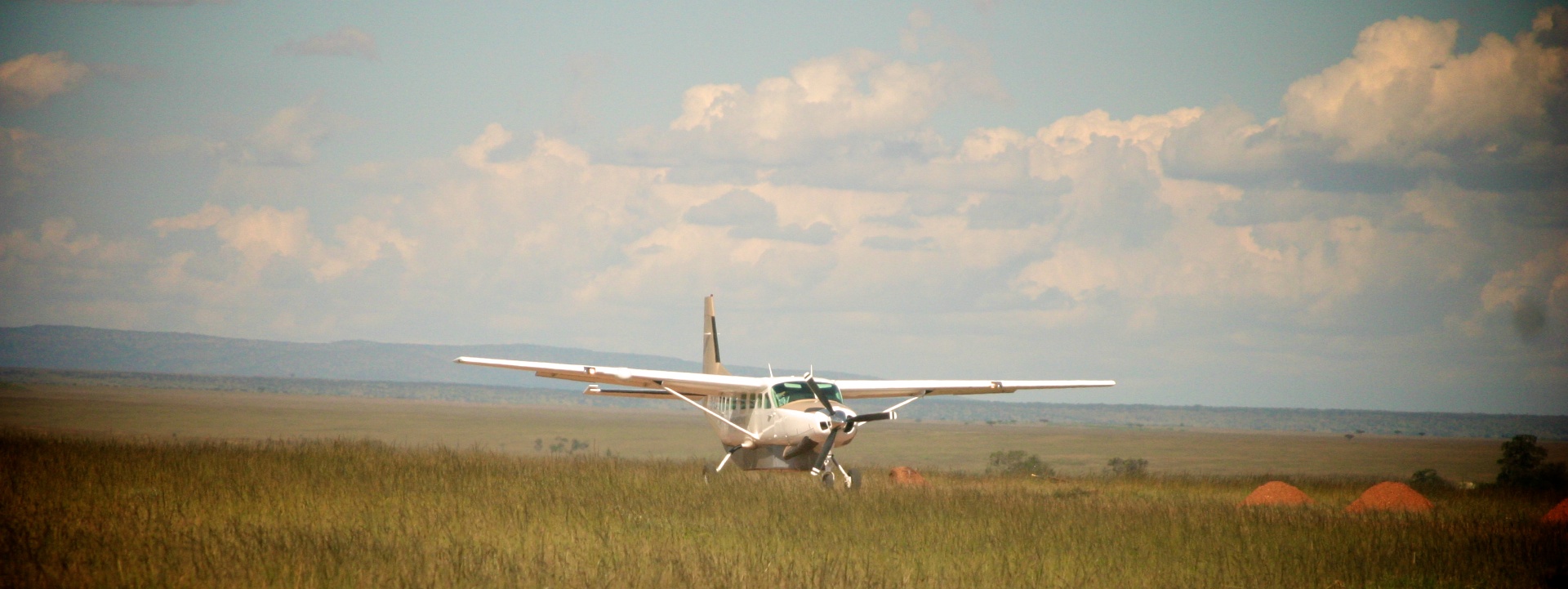Frequently Asked Questions [FAQ]
Here are a few questions we've compiled over the years that might help you...
-
How do I join a mission trip?
If you are interested in joining one of the upcoming mission trips, or would like to coordinate a mission trip, please contact us via the “Contact Us” page.
-
Where do we stay and what is the time zone in Kenya?
Volunteer groups are hosted at Mara West Camp, located in the Southwest area of Kenya near the Tanzania border in the Mara Triangle. Mara West sits on the Oloololo Escarpment overlooking the Maasai Mara National Reserve.
GPS coordinates are: 1°15'54.5"S 34°58'11.2"E
-1.265139, 34.969778
Kenya time is GMT +3. -
What is the native language?
Swahili and English is the national language, and the tribal language is Maa. You will find most younger adults speak some English.
-
What is the weather like?
A common mistake is to assume that Kenya is hot and humid. It is not. The elevation of your travels is between three and seven thousand feet and most often the temperatures range between 75 to 85 degrees during the day and between 50 to 65 degrees during the evenings and night. You will want a variety of clothes to switch back and forth between, a few cool items as a first layer with some warmer things on top. You will find that you dress warmly first thing in the morning and take off layers as the day progresses, only to put them back on towards evening. A warm coat or sweatshirt is good to have along. Rainy season is typically anytime between October – December and March – June. Along with lots of rain and mud, the temperature can feel especially chilly during a good downpour. It should be noted that Mother Nature has not been following the rainy season schedule very accurately and rain should be factored in as a possibility during any mission trip.
-
What do I need to pack?
In introducing the different cultures into the midst of the Maasai culture, an area of possible offence is that of dress. The Maasai are familiar with the American and European form of dress as they are exposed to tourists who travel throughout their area. In general, Maasai are quite accepting of the cultural differences, yet at the same time there are standards to which volunteers should be sensitive. Women especially should be aware of the need to dress modestly. Tight, revealing clothes will attract a great deal of unwanted attention from Maasai men and cause resentment amongst Maasai women. Keep shorts near the knee and avoid spaghetti strap, low cut tops, and leave the trendy fashions, like hip hugger jeans and exposed midriffs, home.
You will be allowed to check baggage, but just remember that it can only be 23kgs/50lbs. Otherwise, you will have to pay out-of-pocket money when you board the plane. You might want to have a few toiletries as well one change of clothes with you on the plane.
Visit http://www.tsa.gov/travelers/airtravel/prohibited/permitted-prohibited-items.shtm for what is allowed on planes nowadays.
Mara West Camp will provide a bed, blankets, linens, and towels. Also provided is toilet paper and hand soap.
A Suggested Packing List is:
- Personal toiletries
- Feminine Hygiene Products
- Flashlight with batteries
- Jacket, including rain coat/wind breaker, warm jacket/sweatshirt
- Clothes for work
- One pair casual dress clothes (for men just a clean pair of jeans or Dockers, for women a plain skirt or jumper)
- Good pair of protective shoes: work boots, hiking boots, or sturdy sneakers
- Easy shoes: sandal type shoes for easy on and off
- Hat, plus bandanas for people who want to protect ears and neck
- Work Gloves
- Sunglasses
- Sunscreen, lip balm with sunscreen
- Refillable water bottle and sports drink rehydration packets (Gatorade, etc.)
- Hand wipes / instant hand sanitizer
- Overnight duffle bag/backpack. You may be asked to pack a small bag for your trip back to Nairobi while your luggage is transported up the day before.
- Personal addictions (Chocolate is not always provided in the Mara West gift shop. If you aren’t ready to go without for 10 days, we recommend you bring your own rather than find yourself deep in the bush experiencing a meltdown.)
- Personal medications/First Aid Kit
- Passport / Immunization Record
- Money
- Binoculars
- Camera, film or digital capture cards, batteries, charger, travel adapter
-
Are towels and bedding provided?
Yes. Towel and bedding are provided.
-
Is there laundry service?
Yes. Laundry service is provided at a small fee. Laundry is hand washed and air-dried. Depending upon weather conditions you can anticipate your laundry will be returned within one to two days. You will find a laundry price list in your tent as well as a laundry identification card.
-
What can I bring to donate?
Think Development, Not Christmas Often, individuals want to bring items to donate to the community and ask AMS’s advice on what is needed. Sometimes a great deal of effort has gone into carrying things over to Kenya (often at the expense of extra luggage) and then once here the volunteers realize they should have / could have brought more needed items. Although it continues to be a learning experience for everyone, the following guidelines are offered.
As development establishes more schools in the Trans Mara area, the need for supplies is continuous. Although the government attempts to provide basic supplies, at best they are meager and at worst non-existent. Thus, schools always appreciate supplies, even as basic as chalk, pencils and erasers. In addition, various picture books, educational books, reading books, etc., help to expose the children to additional reading material. Also, these schools provide education for up to 400 children each. There is an endless demand for soccer balls, jump ropes, and other recess items that teach the children coordination and provide wholesome entertainment.
Children provide a ready market for donated items. Children’s clothing of any sort is greatly needed. In addition to the normal shirts, trousers and dresses, socks, underpants, and shoes are greatly needed.
Babies are abundant amongst the Maasai. Cloth diapers, blankets and baby hats/booties are always appreciated.
Adults appreciate clothing also. Women wear dresses and skirts with blouses. Men wear long trousers and shirts. Once again, socks, underpants, and bras for women are appreciated. People are slim and larger sizes are not easy to give away.
In addition, special gifts of watches (cheap), caps (baseball style hats), pens, and scarves are always appreciated. Bibles can be purchased over here, but if you have some at home that are sitting on shelves unused, better to bring them to give out than to bring unnecessary trinkets.
What to avoid:
Large sized clothing, women’s pants/shorts, short skirts and/or dresses. Trinkets and breakables that will litter the school yard or lose their parts, becoming useless almost immediately.
Junk food in general -- better to pass out soaps, toothpastes, toothbrushes, etc., than to foster a taste for candy and gum.
AMS runs a full time medical / dental clinic and greatly appreciates donations. Needed items include: disposable dental supplies, dental anesthetic, tooth brushes and paste, exam gloves (sterile and non-sterile), IV catheters, IV tubing, surgical towels, scalpels, large surgical scissors, surgical tape, ace bandages, suturing anesthetic, sutures, vitamins, pain medications, antibiotics, medication cups, topical ointments, eye and ear drops, syringes and needles, gauze, wound care dressings, sanitary pads, alcohol swabs, eye-glasses, urine dip sticks, bulb syringes, bed pads, ultrasound gel, hospital grade disinfectant wipes, and various non expired medications. Please avoid non-useful or damaged medical equipment.
Other needed items for the clinic include: Writing pens and current drug reference book. Blankets, towels, and twin sized sheets are always in demand for patients that require admission.
Please note: The Kenya Ministry of Health does not allow expired medications or laboratory supplies to be imported.
-
Is the water safe to drink at camp?
Yes. Safe drinking water is provided where you can fill your personal water bottle. Should your stomach be sensitive or the taste too strong you may purchase bottled water.
The water in the tents and public washroom has not been treated as extensively, therefore we recommend you use the water only for brushing teeth, not for drinking.
-
Is there hot water at camp?
Yes. Hot water is generated from a wood-burning boiler and is generally available from 6:00am to 8:00am and again 5:00pm to 9:00pm.
-
Does camp have electricity?
Yes. Voltage is 240, whereas it is 120 in the USA.
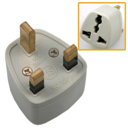 Check your appliances to be sure they are 120/240 compliant. If not, you will need to bring a converter. You will also need to bring a US 2 pin plug to a UK 3 pin plug adapter.
Check your appliances to be sure they are 120/240 compliant. If not, you will need to bring a converter. You will also need to bring a US 2 pin plug to a UK 3 pin plug adapter. -
What are the accommodations available?
We have 3 different types of accommodations. Please see our “Visit Us” page.
-
Is there Internet access at camp?
Yes. Mara West Camp offers Wi-Fi services free of charge; however, keep in mind we are in a remote location so speed and availability often changes.
-
Is it possible to phone home?
In the case of an emergency you may use AMS management phone to call home. However, if you desire to have a personal phone you can either purchase a phone in Nairobi for about $25.00 USD or purchase a SIM card ($2.00 USD) for your unlocked phone. (Plus Airtel Kenya scratch card.) Check Airtel Kenya website for current rates.
-
What type of food is served at mealtimes?
You will be provided with 3 full meals per day. Both breakfast and dinner is served buffet style in the dining hall. Lunch is often taken as a picnic to the worksite. Chefs have been trained to cook British/American style meals. Rest assured there will be plenty of tasty food at each meal.
Tea and coffee is available throughout the day at no additional cost.
If you have food allergies, please let your group coordinator know two weeks prior to departure as there is no supermarket available to purchase food items.
-
Is it safe to walk or run at camp?
Mara West Camp, which hosts Africa Mission Services volunteers, sits on the edge of the Oloololo Escarpment, overlooking Masai Mara National Reserve.
There is no fence between camp and the park; therefore it is not uncommon for wildlife to be within camp premises. Mot often these animals include, antelope, zebra and giraffe. However, elephants and predators have been known to pass through camp. With that being said, please do not exercise, run or walk unless it is during daylight hours and remain within camp premises unless being guided by a Mara West Maasai guard.
-
What additional expenses can I expect to incur at Mara West?
Possible expenses could be purchasing beverages, use of laundry services, purchasing souvenirs from the local craftsmen or Mara West gift shop and gratuity.
-
How do I pay for my camp tab?
During your stay at Mara West Camp your drinks and laundry services will be posted to a tab. At the end of your stay your tab can be paid with Kenyan Shillings or US dollars.
-
Will I have an opportunity to buy souvenirs?
Yes. There is a gift shop at Mara West Camp, as well as, a local Maasai market within walking distance.
-
Should I tip?
Yes. Mara West Camp employees work hard to ensure the AMS volunteers have a pleasant experience. You will come in contact with several of the various staff. There are many who work behind the scenes to help make your stay enjoyable. For this reason, we encourage volunteers to tip at the end of their stay to the general staff tip box, rather than to individuals. A suggested guideline for tipping the staff is $20-$40 USD per person per trip. Also plan on about $10 for tipping your driver/safari guide at the end of your trip.
-
How do I get a Kenya visa?
Upon arrival at the Nairobi International Airport, you will be guided to a visa counter where you can purchase your Kenya visitor visa for $50 USD, which is good for 3 months. You will need to use US dollars, Euros or Francs – preferably bills newer than 2006 with no tears, excessive wear and/or folds.
When filling out the Kenya Entry Card and visa form, state that you are entering Kenya on holiday, visiting Africa Mission Services in Trans Mara, Kenya.
-
How / Where do I Exchange money?
Kenya currency is known as Shillings and varies in value between 78 and 85 shillings to $1.00 USD. Bureaus of Exchange and banks will only buy bills printed after 2006, and they must be in good condition, e.g. no tears, badly wrinkled, etc. (If your bank finds this hard to believe, inform them that currency dated 1996 and earlier has been counterfeited so much that Bureaus of Exchange will avoid any bill with those earlier dates.) $100 and $50 USD notes get the best rate of exchange. $20s and $10s get lower rate. Traveler’s checks get very low rates.
IMPORTANT: If you wish to be financially independent, when you first arrive and are waiting for your luggage, exchange money at the Exchange Bureau by the luggage carousal. You will then have Kenya Shillings with you on your trip down to camp. Otherwise, AMS will try to assist you by exchanging money at camp, but we cannot guarantee that we will have enough Shillings on hand. Please do not ask to exchange $1s, $5s, $10s and $20s as we cannot use them in Kenya.
-
What vaccinations do I need to visit Kenya?
Yellow Fever is the only vaccine that is legally required for entry into Kenya. The requirement is not enforced if you are flying into Kenya from a country where the disease is not endemic (such as USA). Although it is stated that yellow fever is endemic in Kenya, we are not personally aware of anyone who has ever had it and do not feel it is necessary to get the vaccine.
For more information about health issues in Kenya, AMS recommends checking the CDC website at:
-
Am I at risk for malaria?
According to the Center of Disease Control, (CDC), any location in Kenya below 2500 meters, or 8202 feet in elevation has potential for malaria. Malaria is a serious disease that can be fatal if not treated properly. The illness ranges from a vague sense of poor health to that of a nasty, relentless flu. Symptoms almost always include fever, chills and body ache, and often a good measure of stomach and bowel distress. Obviously, an ounce of prevention is worth several pounds of cure.
Malaria is spread by the anopheles mosquito, which comes out in the cool of the evening. It is not common to find malaria in the area of the Trans Mara where the AMS camp is situated, and to date we have not had any problems with mission groups contracting it. But it is a possibility that should be taken seriously. Please consult your physician regarding prophylactic medication.
-
What if I personally need medical attention?
For minor medical needs there is a staff nurse at Mara West Camp who is able to advise/treat your needs; however, should you need extensive medical care, you will need to be transported to a Nairobi Hospital. AMREF, a flying medical service, is available out of Nairobi in the case of an emergency; however, please note you are responsible for all expenses incurred. AMS would suggest prior to traveling abroad you purchase international travel insurance.
-
Will I have an opportunity to go on safari?
Yes. Mara West Camp, which host Africa Mission Services volunteers sits on the edge of the Oloololo Escarpment, overlooking Maasai Mara National Reserve. Considered by many to be the greatest game reserve in the world, Maasai Mara is 1500 sq. miles of savannah abounding with wildlife. Traditionally the land of the Maasai Tribe, the Maasai Mara Park is located in the northern-most tip of the Serengeti, extending over the border of Tanzania into Kenya. The park is most famous for the natural phenomenon known as the migration. Every year up to 3 million animals graze their way around a 2,000-mile loop, crossing into the Mara from the Serengeti sometime in early August to mid September. Comprised primarily of 1.4 million wildebeest, the migration includes 550,000 gazelles, 200,000 zebra, and 64,000 impalas, as well as a host of predators who see opportunity in such numbers. For nature lovers, photographers and sightseers alike, the migration is a fascinating event of magnitude and beauty. During the rest of the year, Maasai Mara continues to be an incredible place to view wildlife. Resident wildebeest, zebra and antelope share the reserve with lion, elephant, giraffe, hippo, cape buffalo and a host of other African wildlife.
AMS offers volunteers full day safaris into the park and does its best to ensure up-close and personal experiences that are unforgettable. Safaris depart camp after breakfast and, depending on the stamina of the clients and the cooperation of the weather, return when the park closes at dusk. Most people find that 2 days in the Maasai Mara Park is sufficient to see a wide variety of wildlife and get some fantastic photos.
-
Is it OK to photograph the locals?
This can be a highly sensitive issue. Be very careful about taking people’s pictures without first asking. It’s a quick way to create hard feelings and to be regarded as an opportunist and intruder. It is possible to get pictures of tribal people, but it must be done diplomatically and considerately. Be aware that even if Maasai agree, they will most likely expect some sort of payment once the picture has been taken. Some of the best opportunities for taking photos are at the various mission and work sites, as the Maasai who are present are often participating in the activities alongside the volunteers in a spirit of goodwill and are willing to have their pictures taken without charging.
-
Can I invite locals to visit me at camp?
Think of camp as private space, a home without walls. It is important to keep some sense of boundaries to camp, to maintain control as to who comes and goes and what goes on there. AMS does not encourage the community to visit the camp. There are certain arranged times when community Maasai come into camp to sell their crafts, but for the most part only staff and hired help are permitted to be in camp. While inviting community friends to visit volunteers in camp may seem harmless, if someone’s camera suddenly goes missing, the recent visitor will inevitably be on the list of suspects. It is simply easier to avoid such complications by agreeing that visiting takes place at the work site, the church or in the Maasai’s homes.
-
What is the etiquette on giving personal gifts?
While you might generously like to make gifts of all you’ve brought, please be careful. Your good intentions may affect more than you realize. We do not want the Maasai to be asking for your watches, cameras and shoes. We do not encourage significantly enriching one individual over the others as it will only create jealously. In practice, it works best to minimize the individual gift giving during the mission trip and at some point towards the end make collective contributions to the community, school or village on behalf of the group.
Often volunteers are tempted to throw candy to children while passing by without realizing that this practice has negative results. Maasai children are raised to be polite and humble and elders are frustrated to see their children now begging and demanding “sweeties” from visitors. Once again, a wiser, more culturally sensitive approach would be to pass out goodies in an organized setting, such as at the school, the clinic, or while doing village visitation where it can be given personally and children can show good manners.
-
How far is the drive from Nairobi to camp?
Depending upon the weather and traffic conditions, the drive can be anywhere from 6-7 hour drive. The first half of the drive is on paved roads with a bathroom stop about 3 hours into the journey. The remaining of the journey is on rough gravel road. You will most likely get your first wildlife sighting of wildebeest, zebras, Thompson gazelle and possibly giraffe.
-
Can I fly into the Mara?
Yes. Local flight services are available to the Maasai Mara. Flights depart from Wilson Airport, (domestic airport in Nairobi), to the Kitchwa Tembo airstrip via SafariLink or Air Kenya. Flights are normally available every morning and afternoon. The flight is approximately 35 minutes and lands on a gravel runway 6km from Mara West Camp. Note that luggage should be a soft, duffle type bag and must weigh no more than 15kgs/33lbs.
